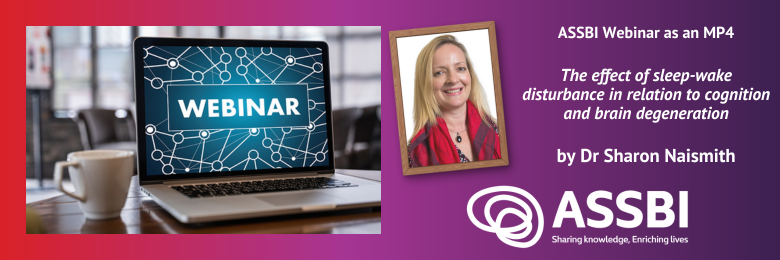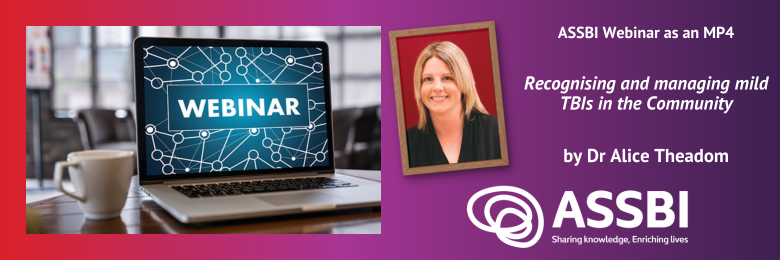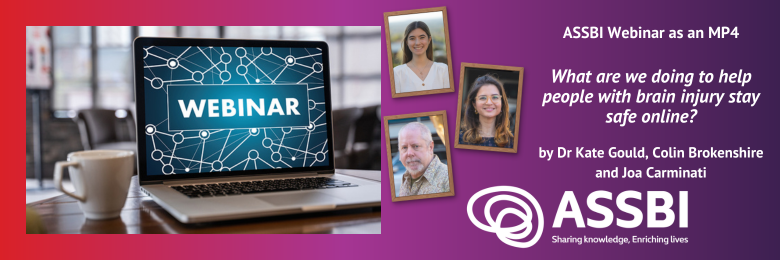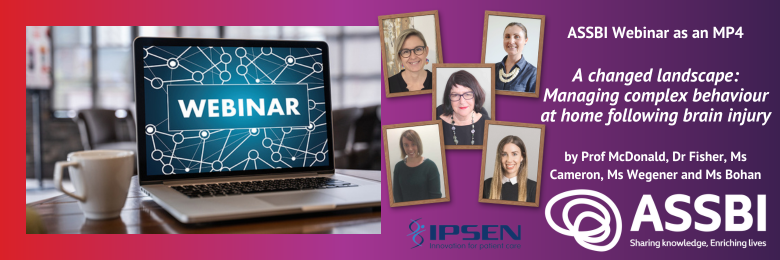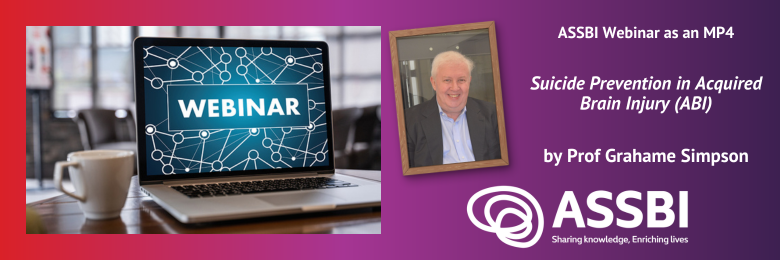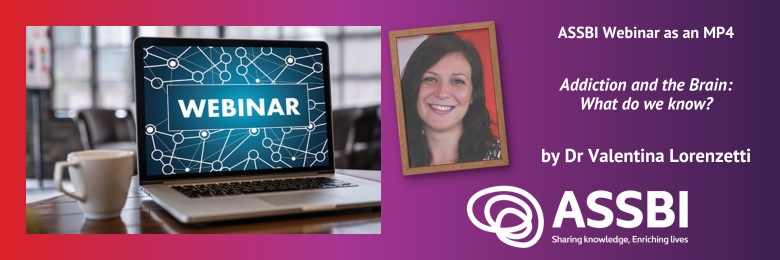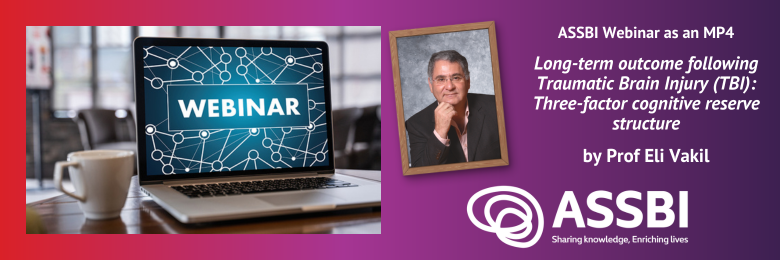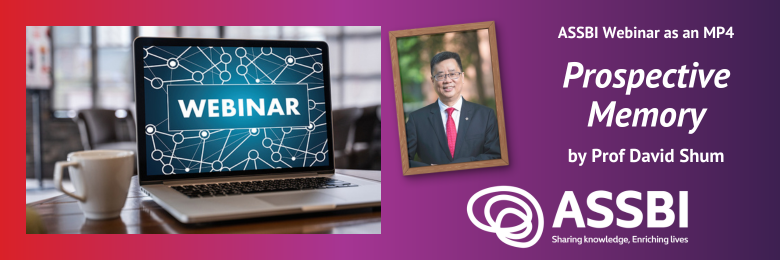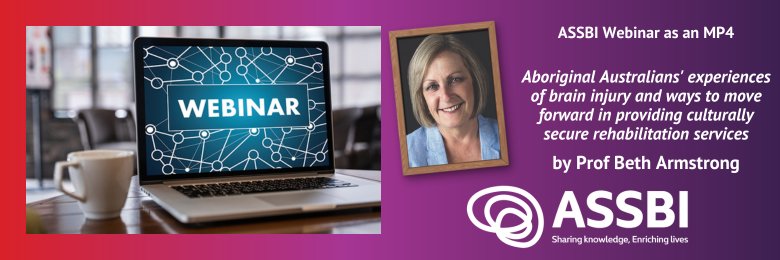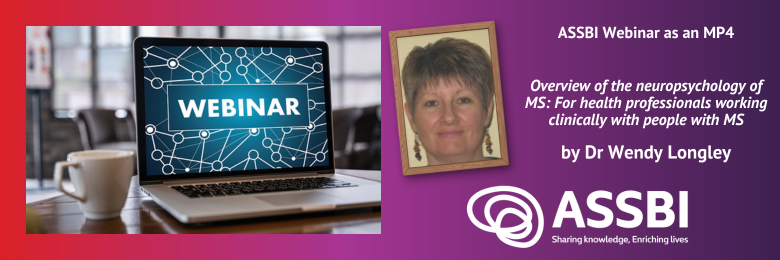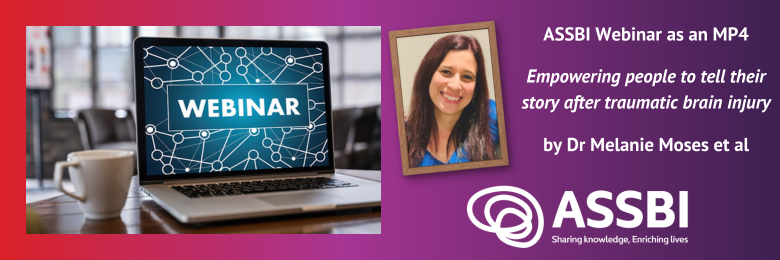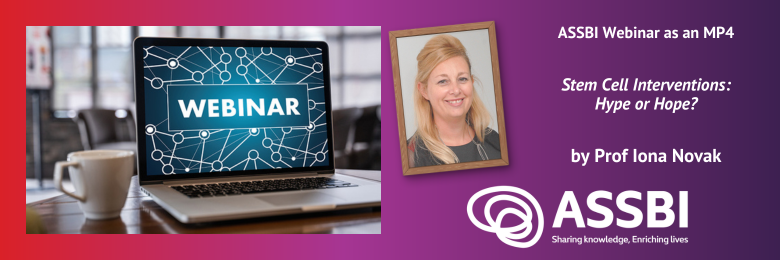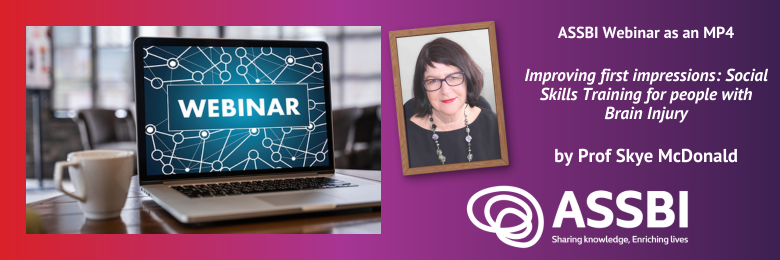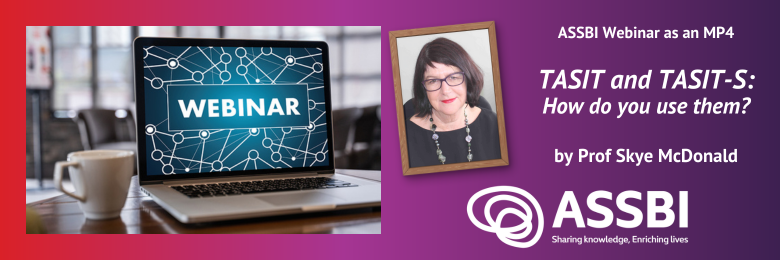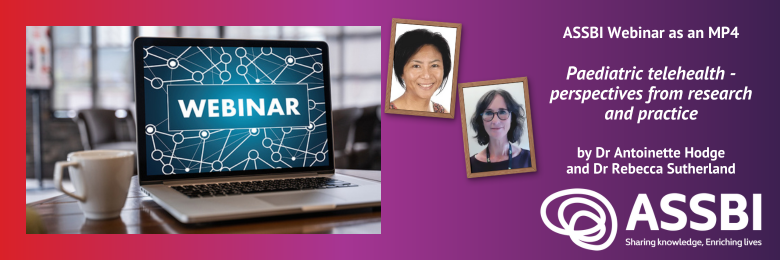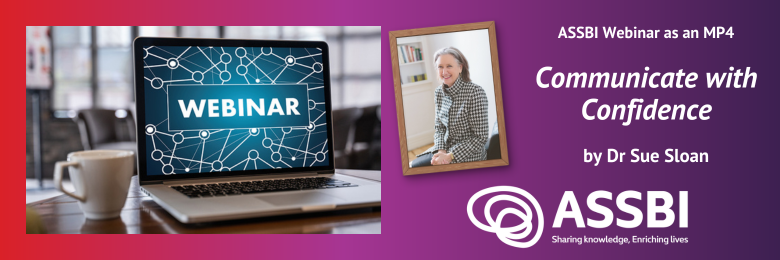Free webinars/ |
The effect of sleep-wake disturbance in relation to cognition and brain degeneration This 60 minute webinar was brought to you by Prof Sharon Naismith on 12th November 2021. Synopsis of session: Sleep is critical to alertness, mood and cognition. Basic science data shows that sleep facilitates synaptic plasticity, neurogenesis and the promotion of neurotrophins. In addition, recent discoveries show that during sleep, the brain clears away neurotoxins and metabolic waste via the ‘glymphatic’ system. Coupled with epidemiological data, this adds to converging evidence supporting a bidirectional link between sleep and dementia. This webinar will provide a high-level overview of the existing evidence linking sleep-wake disturbances with dementia. It will present evidence linking various forms of sleep-wake dysfunction with cognitive and imaging markers of neurodegeneration within healthy individuals and those with mild cognitive impairment and the mechanisms by which sleep is likely to be important. The links between sleep and overnight memory consolidation will then be discussed as well as possible changes in this process with ageing and neurodegeneration. The final part of the webinar will provide an overview of current treatment options for sleep disturbance in older people. Future directions for the field will be discussed, particularly with respect to understanding pathophysiological mechanisms, interventions and larger-scale screening of sleep-wake disorders. Learning objectives:
|
Recognising and managing mild TBIs in the community This 60 minute webinar is brought to you by Dr Alice Theadom on 13th September 2021. Synopsis of session: People can present to a range of health care services following a concussion or mild traumatic brain injury (mTBI). As there is currently no standardised way of assessing a mild TBI, the care and advice people receive following injury can be highly variable. This is an issue as just under a half of people experiencing these injuries go on to experience persistent symptoms that can affect their ability to function in everyday life. There is also now consistent evidence of early risk factors that can be used to identify those at risk of longer-term difficulties and that early multidisciplinary treatments can improve outcomes. Consequently, we have the opportunity to reduce the long-term impacts of these injuries by facilitating equitable, early access to treatment for those at risk. Over the last few years, a working group has been developing a brief, Brain Injury Screening and assessment Tool (BIST) to be used by any health professional on first medical presentation following injury. The tool helps clinicians to identify those at low, medium of high risk of longer-term difficulties and provides support with health care pathway decision making (e.g. who to refer to rehabilitation services). The tool has demonstrated good psychometric properties and has proven feasible to administer within busy clinical environments. The symptom scale and impact item can be used as a repeated measure to monitor the recovery journey from beginning to end. This webinar will discuss the current evidence base, development of the tool and initial results from implementation of the tool within primary and secondary care and prison health services. Learning objectives: At the end of the webinar participants will: 1. Understand the predictors of longer-term recovery from mild TBI (concussion) 2. Know about a new brief tool that can assist with initial assessment, health care pathway decision making and measuring recovery. 3. Discuss the feasibility of using a brief screening tool within difference clinical contexts. |
What are we doing to help people with brain injury stay safe online? This 60-minute webinar was presented by Dr Kate Gould, Colin Brokenshire and Jao Carminati on 24th June 2022. Synopsis: The distinction between online and offline life has become increasingly blurred, further accelerated by Covid-19. Cybercrimes, such as online scams, are a major global threat to all of us when we access the internet. Whilst anyone can be scammed, due to cognitive and psychosocial changes, individuals with acquired brain injury (ABI) may be particularly at risk and have greater difficulty identifying, extricating and recovering from scams. Romance scams, one of the most commonly reported scams for people with ABI, can have significant financial, practical and emotional repercussions. Using co-design and co-production, we have been promoting awareness and advocacy of this issue since 2016. With funding from the Summer Foundation, TAC and Turner Institute of Brain and Mental Health, we have conducted qualitative, quantitative and interventional research exploring the cybersafety experiences and needs of people with ABI, family members, carers and clinicians. This webinar will cover key findings from our studies to help understand and improve the CyberABIlity of people with ABI. Expected learnings: 1. Learn the red flags of scams and indicators of high-risk online activities 2. Understand the cyberscam victimisation cycle 3. Learn ways to increase online safety for people with ABI |
A changed landscape: Managing complex behaviour at home following brain injury This 90 minute webinar was presented by Prof Skye McDonald, Dr Alinka Fisher, Ms katherine Cameron & Nina Wegener, and Ms Jaycie Bohan and was followed by a live Q & A on 29th July 2020. Speakers: Prof Skye McDonald: The Carers Way Ahead. A new on-line resource to assist families of people with traumatic brain injuries and challenging behaviour Dr Alinka Fisher: Navigating the challenges in conducting behaviour intervention research with families Ms Katherine Cameron and Nina Wegener: Now we’re home, how do we keep the conversation going? An interdisciplinary approach to communication partner training Ms Jaycie Bohan: “All the things that you don’t think about when you’re leaving hospital…”: client and family member experiences of an ABI transitional rehabilitation service pilot LIVE Q & A To see the abstracts click here. |
Suicide prevention in Acquired Brain Injury (ABI) This 60 minute webinar was presented by Prof Grahame Simpson on |
Addiction and the brain: What do we know? This 60 minute webinar was presented by Dr Valentina Lorenzetti on |
Long-term outcome following Traumatic Brain Injury (TBI): Three-factor cognitive reserve structure This 60 minute webinar was presented by Eli Vakil on 12th April 2016. |
Prospective Memory This 60 minute webinar was presented by Prof David Shum on |
Aboriginal Australians' experiences of brain injury and ways to move forward in providing culturally secure rehabilitation services This 60 minute webinar was presented by Prof Beth Armstrong on 14th June 2016. |
Overview of the neuropsychology of MS: For health professionals working clinically with people with MS This 60 minute webinar was presented by Dr Wendy Longley on 14th April 2015. |
In their own words: Empowering people to tell their story after traumatic brain injury This 80 minute webinar was brought to you by Melanie Moses, Bill, Hemu, Jon and Tristan on 28th November 2022. Synopsis: | 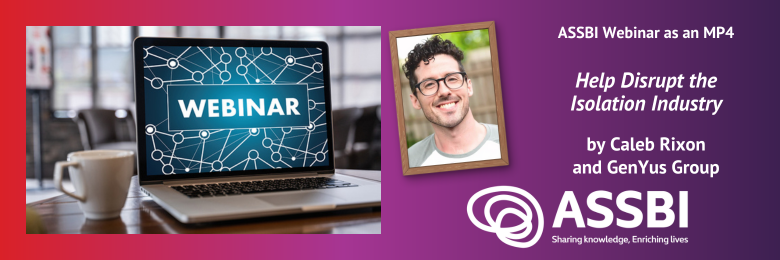 Help Disrupt the Isolation Industry This 90 minute webinar was brought to you by Caleb Rixon and the GenYus Group on 20th August 2021. Synopsis of session: In this 2-Part Keynote Address and Fly-On-The-Wall Forum, you'll hear Caleb demonstrate the importance of survivor stories through his own rehabilitation journey after brain injury. Plus, receive a practical and effective process on how you can crease S.A.F.E. spaces for the people you engage with. Lastly, you'll see Caleb demonstrate live, the affect of creating a S.A.F.E. space in a Peer-Led forum, involving ABI survivors from around the world. To see the value and feel impact of their lived experience and wisdom, and to give you the tools to start disrupting the isolation insustry. |
Stem Cell Interventions: Hype or Hope? This 60 minute webinar was presented by Prof Iona Novak on 11th January 2018. |
Improving First Impressions: Social Skills Training for people with Brain Injury This 60 minute webinar was presented by Prof Skye McDonald on 10th March 2015. |
TASIT and TASIT-S: How do you use them? This 60 minute webinar was presented by Prof Skye McDonald on 25th May 2020. |
Paediatric telehealth - perspectives from research and practice This 60 minute webinar was presented by Dr Antoinette Hodge and Dr Rebecca Sutherland on 19th June 2020. |
Managing challenging behaviours in community settings This 60 minute webinar was presented by Sue Sloan on 9th February 2016. |

